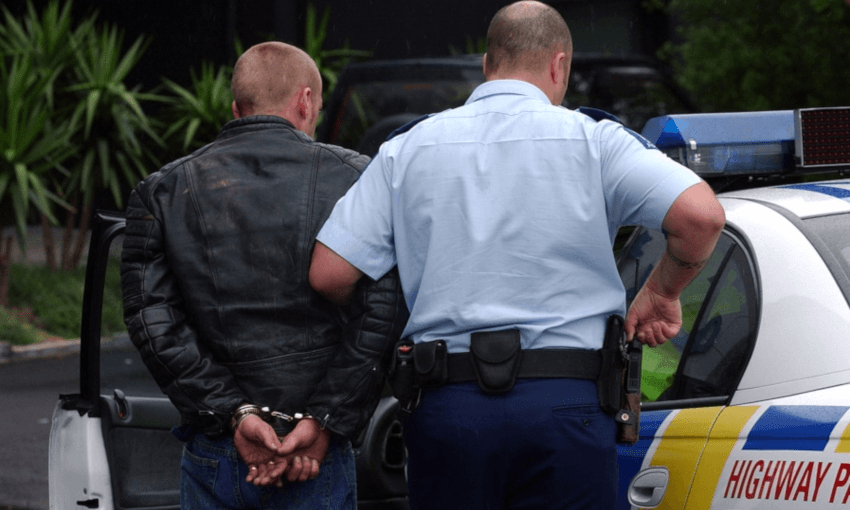Who are the victims of crime in New Zealand? Former National MP and justice system reform advocate Chester Borrows casts his eye over a major survey which paints a complex picture of the cycle of offending, incarceration and victimisation.
Crime feeds on the young, vulnerable and the very communities that have the least capacity to respond and recover.
While 71% of New Zealanders haven’t had any experience of crime over the past year, no New Zealander should find any satisfaction in the statistic that 4% of people suffer nearly half of all crime (47%). Crime is not an equal opportunity offender.
That point has been relayed to me and the members of Te Uepū Hāpai i te Ora (the Safe and Effective Justice Advisory Group) as we’ve travelled to all corners of New Zealand seeking ideas and feedback on our justice system.
And it is a fact laid bare in this week’s release of the New Zealand Crime and Victims Survey, a new tool to help us better understand the real extent of crime in New Zealand.
The yearly NZCVS provides a far-more detailed and nuanced picture of crime and victimisation in New Zealand, replacing the intermittent NZCASS survey. Researchers are already in the field for next year’s survey, which I hope will be funded for longer than the current three-year allocation.
The survey will help provide a strong foundation of evidence and quantitative data to support the work of the Safe and Effective Justice Programme, that the work of our advisory group also feeds into. Many of the results directly echo what we’ve been hearing around New Zealand from all walks of life.
What continues to interest me is that only 4% of adults experience 47% of all crime incidents.
Drilling further into this, it’s clear that for the people affected by crime far too many are victimised repeatedly.
- Four per cent of victims of household offences and 10% of victims of personal crime were victimised five or more times within 12 months;
- At 37%, Māori were more likely to be victims of crime than the national average of 29%;
- 40% of 20-29 years-old were victims of crime over the past year, whereas 18% of those aged 65 or older reported being victims of crime. Yet we hear from older New Zealanders, generally, more fear of crime and perceptions of crime being much greater than it actually is.
- There is greater victimisation by crime found in areas of high deprivation – so if you live in areas of higher needs (or, generally lower incomes), you’re more likely to be a victim.
- And 300,000 New Zealand adults experienced 747,000 incidents of interpersonal violence over the past year, showing that for far too many Kiwis the hurt they suffer is not one-off.
What this further points to is a theme that we’re hearing across the justice sector and the public around the effect longer prison sentences has on crime. In effect, longer sentences don’t seem to be helping. What we are hearing is that the likelihood of getting caught that has a greater impact on whether someone will offend.
In areas of high deprivation, it may be easier to commit crime because people in those areas are less likely to report it – and the cycle of crime feeding on the most vulnerable continues.
Having data like that now available through the NZCVS allows a greater picture of the extent of crime, how we behave as a society and a barometer of the health of our communities, but also helpfully can map the attitudes of New Zealanders.
If we are to really breakthrough the cycle of crime and incarceration then as a country we need to re-examine the attitudes we have toward crime and punishment. When 60% of people released from prison reoffend within two years, then that should tell you that our current system isn’t providing the right outcomes for all our communities.
The positive thing is that we are working toward a safer and more effective justice system in New Zealand. The group I chair, Te Uepu, has met thousands of New Zealanders, who generally agree on the need to transform our system.
We have recently concluded the first phase of our engagement, which focused on listening to understand public sentiment and ideas for justice reform. The public dialogue is essential for our next stage to provide recommendations for a safer and more effective justice system in New Zealand, which Te Uepu will provide to the Minister later this year.
It’s absolutely imperative that New Zealanders are informed, have a voice, and play a role in the transformation of our justice system. Our high rates of incarceration and reoffending is a problem that we must all face collectively.
And it is within us, collectively, that we will find the answers.

